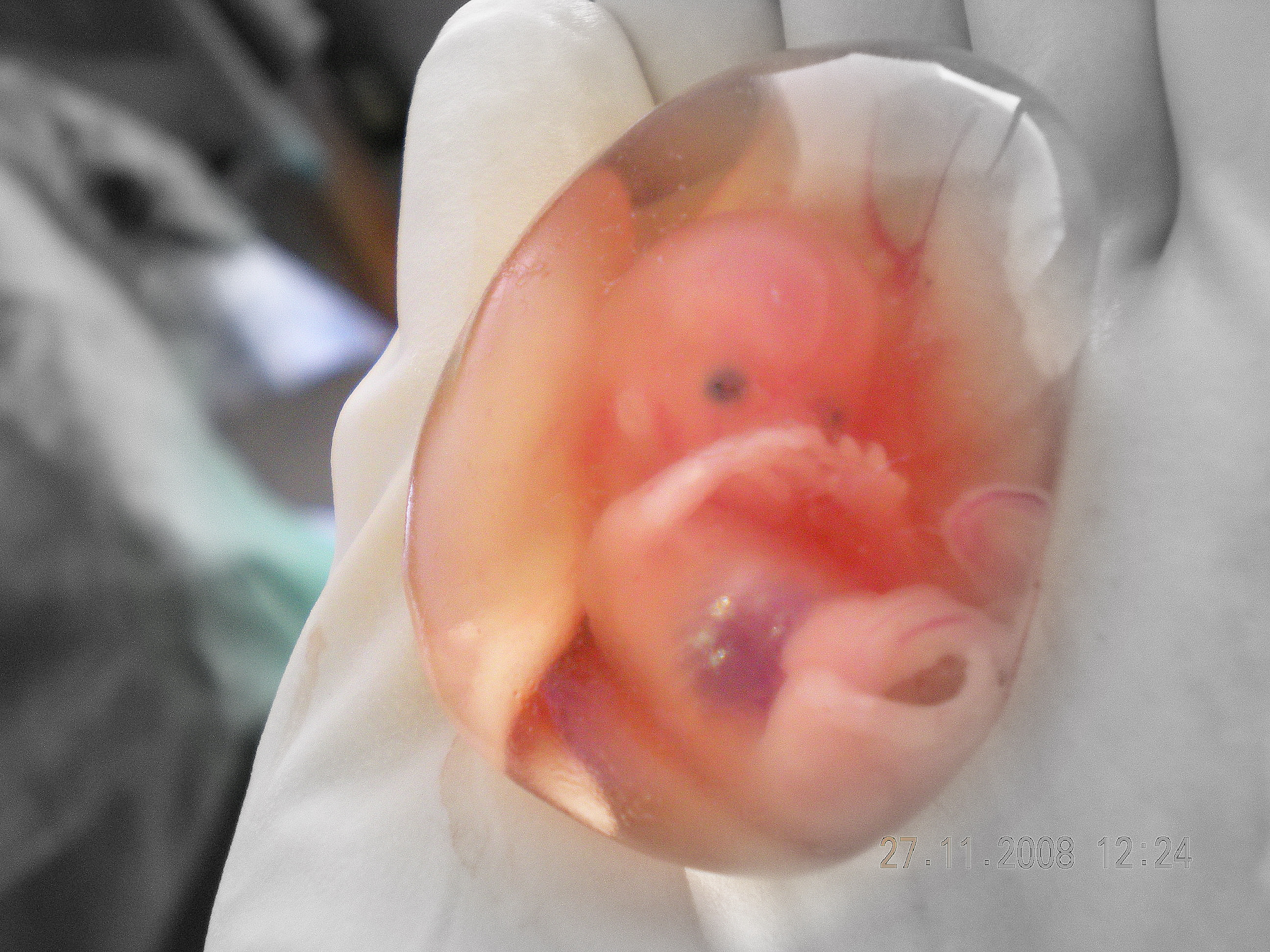Flu-like symptoms, slow deterioration of the immune system, fatal complications of a lung infection: this is the general progression of Human Immunodeficiency Virus (HIV). Although there is currently no cure for the disease, affected individuals can successfully slow down the progression of the virus through a combination of three different medications from two classes of anti-viral drugs. There are many different classes of anti-viral drugs, but the overall function of most of them is to interrupt or prevent the viral DNA replication or to stop the spread of the virus.
Researchers are continuing to study the many side effects of these combinations in response to the increasing effectiveness of anti-viral drugs. One special area of interest is the effect of antiviral drugs on fetuses. In fact, a recent study by the research team at the Children’s Hospital of Michigan compared the heart development of uninfected children, whose mothers have drug-treated HIV, to children who had not been exposed at all. They demonstrated that although these drugs prevent the maternal-fetal transmission of HIV, they can cause problems in the development and function of cardiac muscle in the babies.
Many years prior to this study, a group of scientists tested the effects of anti-HIV medications on pregnant Erythrocebus patas monkeys. These pregnant monkeys were given a daily dose of an anti-HIV transmission drug, and once they came to full term, the fetal cardiac and skeletal muscle was examined. The results indicated damage to both the skeletal and cardiac muscles. This damage could potentially affect future development and function of these muscles.
Studies seem to indicate that anti-HIV medications appear to impair cardiac muscle development and short-term function. So it seems the question to ask is whether these negative effects on cardiac muscle outweigh the fact that these same drugs prevent maternal-fetal HIV transmission? Since therapy for HIV consists of a combination of drugs, it may be possible to potentially come up with a “cocktail” that both prevents transmission and limits the side effects on the fetus.
Feature Image Source: suparna sinha










